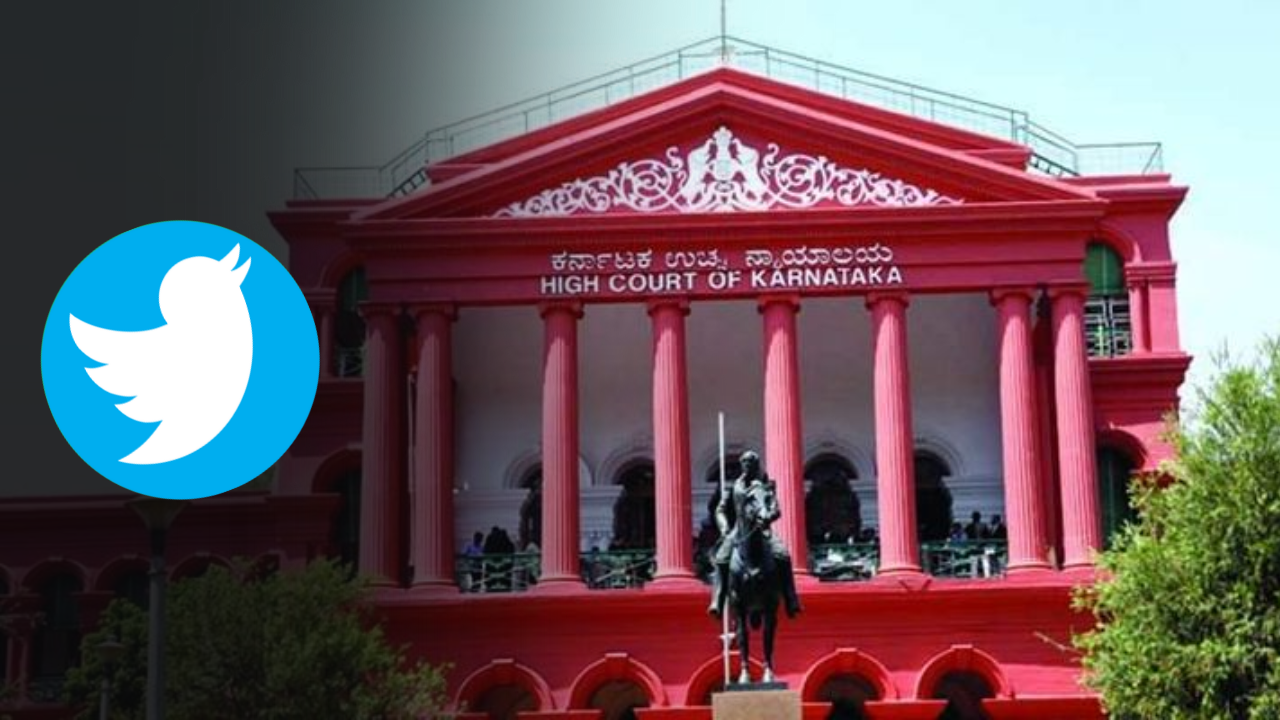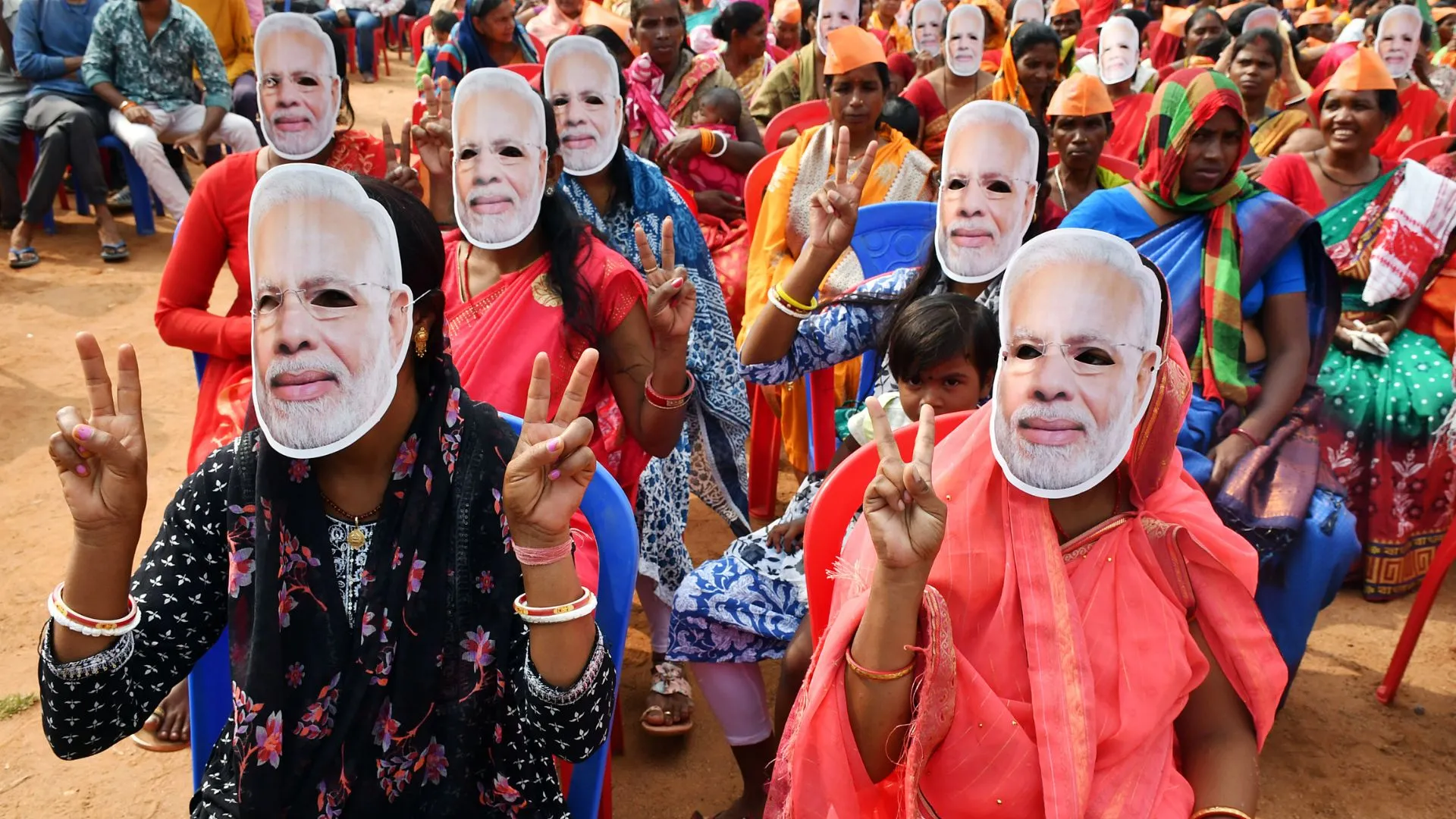The Karnataka High Court has rejected Twitter’s request to stay the Indian government’s orders to block certain accounts on its platform that posted content related to the coronavirus and farmers’ protests. Twitter said that the orders to block some tweets were “procedurally and substantially deficient of the provision” and “demonstrate excessive use of powers”.
In response to Twitter’s plea against the blocking orders issued by the Ministry of Electronics and Information Technology, the court has imposed a penalty of Rs 50 lakh on Twitter, citing its conduct. The microblogging platform argued that the blocking orders lacked procedural and substantive provisions and represented an excessive exercise of power.
Last year in June, the IT ministry had issued a notice to company, warning that failure to remove the tweets would result in the loss of its safe harbour immunity provided under Section 79(1) of the IT Act. Twitter subsequently approached the court, questioning how it could be directed to block user accounts and impede freedom of speech.
“If on my platform 1,200 accounts are blocked even when the material is appearing in print and TV, then it is causing prejudice,” senior advocate Arvind Dat had argued for Twitter.
During the court proceedings, senior advocate Arvind Dat, representing Twitter, argued that blocking 1,200 accounts on their platform, when the same content was available in print and on TV, caused prejudice.
However, the court stated that Twitter had been given notices but failed to comply, and even the possibility of a seven-year imprisonment and unlimited fine did not deter the company. The court further criticized the platform, highlighting that it was not a farmer but a billion-dollar company.
While announcing the verdict, the bench said, “Your client was given notices and your client did not comply…Punishment for non-compliance is seven years imprisonment and an unlimited fine. That also did not deter your client.
So you have not given any reason why you delayed compliance, more than a year of delay…then all of sudden you comply and approach the Court. You are not a farmer but a billion-dollar company.” the Karnataka High Court noted.


















